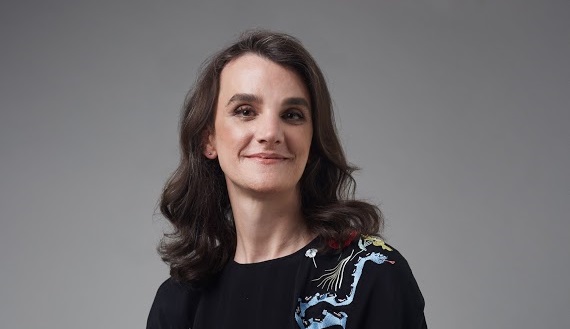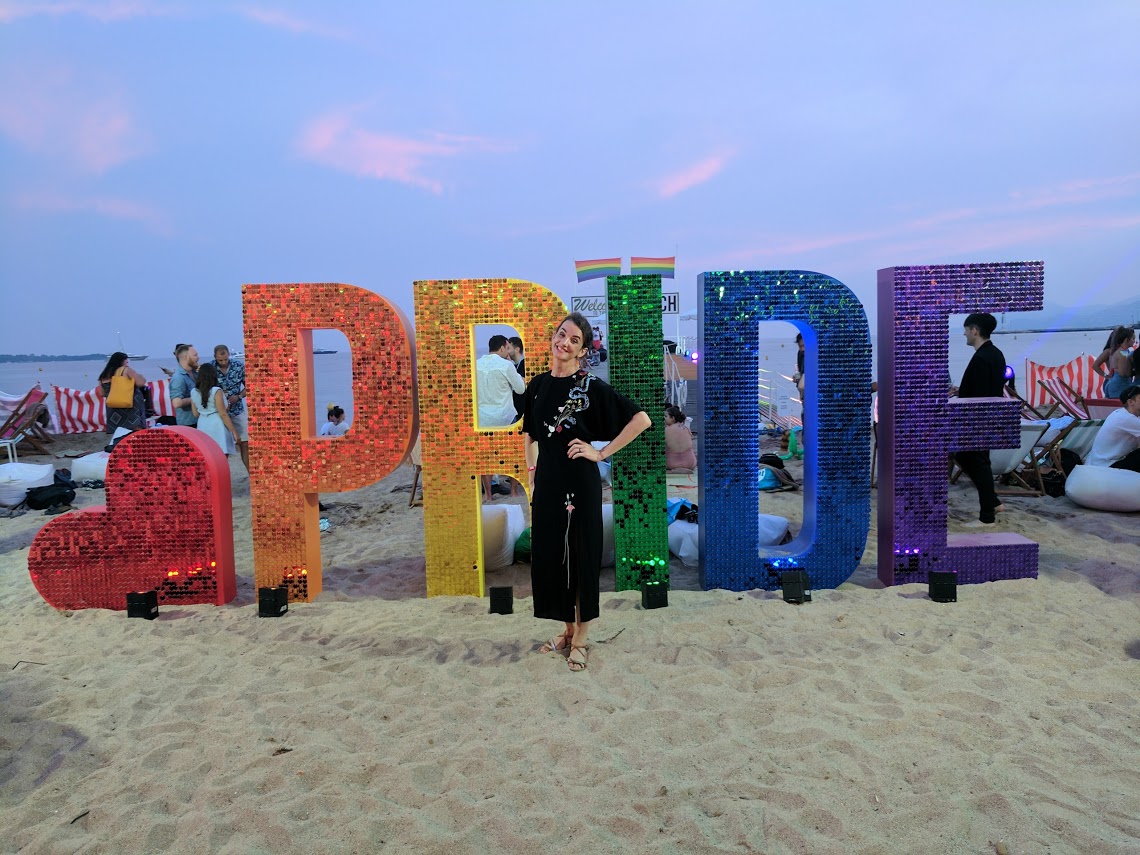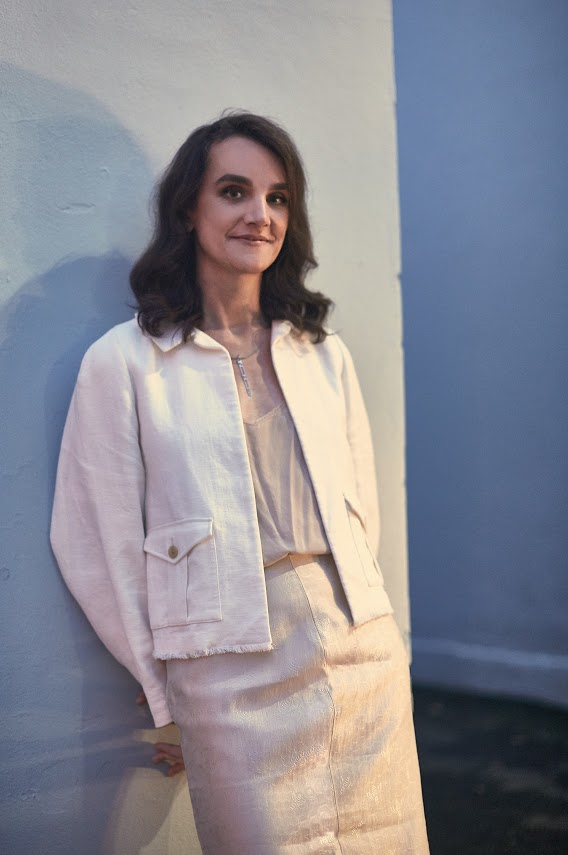‘Gay or straight, male privilege is something all men must recognise they possess’
On International Women's Day, Tea Uglow recalls how differently she was treated when society considered her male.
By Will Stroude

(Images courtesy of Christopher Phillips)
They say that all is fair in love and war. But even if you accept that, how do you know when something is fair or unfair outside those two extremes?
In an attempt to find out, I’ve been asking youngsters. Ask your child, or niece or nephew — and failing that, your best straight friend’s children — to explain what fairness means. They WILL struggle so ask him or her to describe something unfair.
That’s much easier. Every three-year-old boy or girl can point to something they see as “unfair”.
We each make highly personal decisions about what is fair and unfair when we are small. Society or family may lobby you — until the end of time — to see the world the way they do, but your own experience creates a far longer-lasting ideal of “fairness”. Not so much the perfect answer as our inner three-year-old child negotiating.
Within our culture a consensus guides what is “fair”. For years, we simply accepted that it’s fair for sportsmen or male actors to be paid far more than than their female counterparts. Actually, as we have seen recently, this extends to pretty much any job.
That’s clearly not fair – but what is less obviously unfair is privilege.
Privilege is like WiFi or electricity: invisible but impossible to imagine life without. But unlike WiFi, if everyone has privilege, it stops being a privilege. It vanishes, as if by magic.

Privilege is visible mainly to those who are disenchanted. For example, when you don’t have electricity and your neighbour does, you are far more likely to notice. Being privilege-aware is about looking for the invisible benefits you receive and making changes that aren’t actually in your interest. And that’s difficult.
Treating others as you want to be treated is a good start. However, equality needs to be built from an appreciation of equity — we do not all share the same assets and so treating all people the same is not always fair. To be “fair” requires us to appreciate more and to suggest systematic changes that level out imbalances of circumstance or gender.
Women seem to create and maintain higher expectations for each other in behaviour and appearance, a bar that men seem able to ignore. I used to call the ability to evade much of that self-applied pressure “playing the boy card”. Because I used to present as a boy.
And because I didn’t want to dress elegantly, or always play nice, or wash up properly, or remember birthdays, or stop and think about someone else first, I simply didn’t do it. Some people might say that I was just a jerk but now that I no longer present as a boy I’ve changed, so I put it down to the boy thing.
For a long time, I noticed that along with peeing standing up, the greatest privilege available to boys and men was just being able to refuse to play, knowing that I would never be judged in the same way as a woman would be for being slovenly or hungover — or sleeping with boys (or girls, or both). Even if I was a bit of a jerk, society would let it slide.

If I was assertive and confident I was “allowed” to make decisions that were often respected despite the fact that I was making it up as I went along. Even when I stated this out loud, it was deemed as some sort of admirable quality of leadership.
Those qualities – being recklessness, domineering and cocky – are no longer seen as admirable now I’m a middle-aged female.
I wasn’t a boy. I passed because I learned very early to play as expected. I headed straight to the middle ground. Next time you notice yourself adapting your behaviour, your accent, your sexuality, your clothes, or certain gender traits – it could be that you are searching for that median. We disguise our differences because there is privilege for those in the middle – and increasing disparity for people in the margins: the marginalised.
I understood that if I could “be what people want you to be, then you can do what you want”. It’s not exactly a healthy mantra but it got me through the Eighties and Nineties. I also got to exploit my male privilege, so I know it’s there. It’s just hard to see.
Next time you find yourself playing the boy card, just see what happens if you don’t…
Tea Uglow is Creative Director of Google’s Creative Lab in Sydney. Follow her on Twitter @teaelleu.
